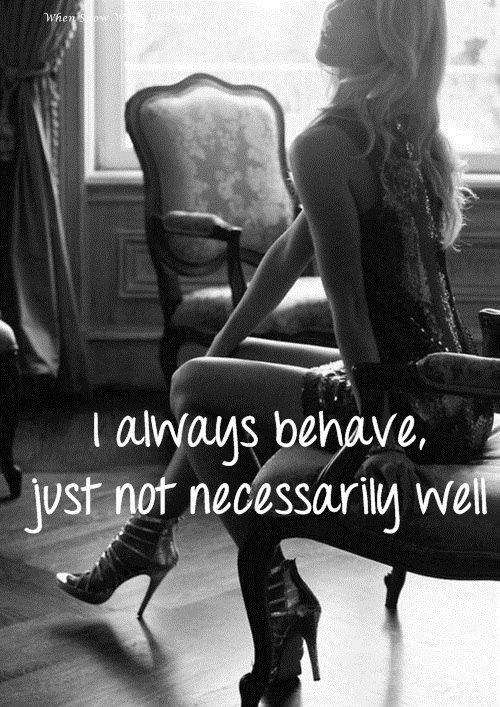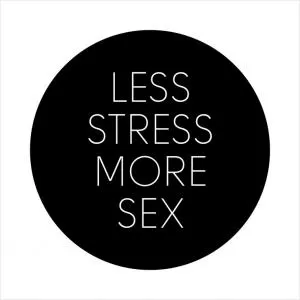I always behave, just not necessarily well

I always behave, just not necessarily well
The phrase "I always behave, just not necessarily well" is a humorous and self-aware acknowledgment of the fact that behaving and behaving well are not always synonymous. It suggests that while the speaker may not always adhere to societal norms or expectations of good behavior, they are still able to maintain a level of self-control and restraint in their actions.To behave is to conduct oneself in a certain way, to act in a manner that is considered appropriate or acceptable in a given situation. However, what constitutes "good" behavior can vary greatly depending on cultural norms, personal values, and individual perspectives. For some, behaving well may mean following the rules, being polite and respectful, and adhering to social conventions. For others, behaving well may involve challenging authority, speaking out against injustice, and standing up for what they believe in.
In this context, the phrase "I always behave, just not necessarily well" can be interpreted as a playful admission of the speaker's tendency to push boundaries, question authority, or engage in behaviors that may be considered unconventional or rebellious. It suggests a willingness to challenge the status quo, think outside the box, and march to the beat of their own drum, even if it means ruffling a few feathers along the way.
At its core, this phrase speaks to the complexity and nuance of human behavior. It acknowledges that people are not always perfect, that they may make mistakes, break the rules, or act in ways that others may not approve of. However, it also recognizes that behaving is a multifaceted concept that goes beyond mere compliance with social norms. It encompasses a range of behaviors, attitudes, and actions that reflect the diversity and individuality of the human experience.












 Friendship Quotes
Friendship Quotes Love Quotes
Love Quotes Life Quotes
Life Quotes Funny Quotes
Funny Quotes Motivational Quotes
Motivational Quotes Inspirational Quotes
Inspirational Quotes